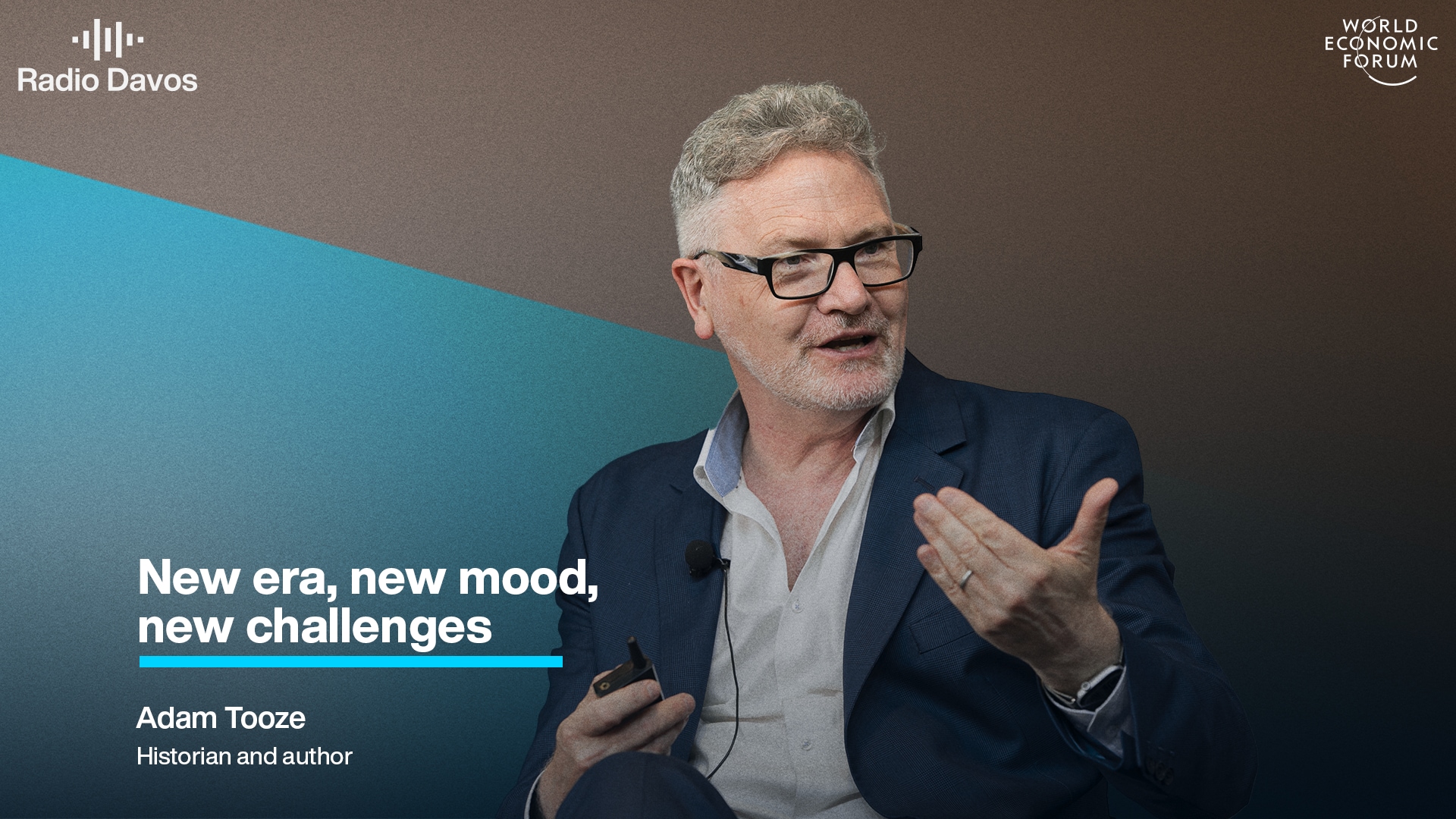What failed in 2008?
Stay up to date:
Geo-economics
To solve a problem, it is not enough to know what to do. You actually have to implement the solution – and be willing to change course if it turns out that you did not know quite as much as you thought. That is the message of two recent books that, together, tell you everything you need to know about the 2008 financial crisis: what caused it, what can be done to prevent it from recurring, and why those things have yet to be done.
The first book is The Shifts and the Shocks, by the conservative British journalist Martin Wolf, who begins by cataloguing the major shifts that set the stage for the economic disaster that continues to shape the world today. His starting point is the huge rise in wealth among the world’s richest 0.1% and 0.01% and the consequent pressure for people, governments, and companies to take on increasingly unsustainable levels of debt.
Meanwhile, policymakers were lulled into complacency by the widespread acceptance of economic theories such as the “efficient-market hypothesis,” which assumes that investors act rationally and use all available information when making their decisions. As a result, markets were deregulated, making it easier to trade assets that were perceived to be safe, but were in fact not. As a result, systemic risk proliferated beyond central bankers’ wildest imagination.
Untested – and ultimately incorrect – assumptions created a policymaking environment defined by what can only be called hubris. Officials underestimated tail risks. They set inflation targets at around 2% – leaving little room for maneuver when the water got choppy. And, most audaciously of all, the European Union introduced the euro as a common currency.
Indeed, wrongheaded policymaking continued long after the crisis began. Politicians responded to worsening economic conditions by hewing as closely as possible to failed prescriptions, making sure to do no more than absolutely necessary to address the biggest economic disaster since the Great Depression.
Wolf’s prescription for countering the crisis is simple, smart, and unassailable. In the short term, he suggests that countries with reserve currencies spend more (especially to finance public-sector investments) and issue more debt. Their central banks, he argues, should raise inflation targets to 3% or even 4% per year.
Over the medium term, according to Wolf, countries need to put in place regulatory measures that lower debt levels and discourage overleveraging. The eurozone, too, must resolve its internal contradictions, either by disbanding or by introducing “a minimum set of institutions and policies” that allow the monetary union to function properly. Wolf’s long-term solutions include tackling inequality, “more global regulation,” a greater degree of “freedom for individual countries to craft their own responses,” and economic analysis that is less in thrall to the free-market ideologues that led us into the crisis in the first place.
And yet, as recommendable as Wolf’s proposals may be, little has been done to implement them. The reasons why are found in the second book: Hall of Mirrors, by my friend, teacher, and patron, Barry Eichengreen.
Eichengreen traces our tepid response to the crisis to the triumph of monetarist economists, the disciples of Milton Friedman, over their Keynesian and Minskyite peers – at least when it comes to interpretations of the causes and consequences of the Great Depression. When the 2008 financial crisis erupted, policymakers tried to apply Friedman’s proposed solutions to the Great Depression. Unfortunately, this turned out to be the wrong thing to do, as the monetarist interpretation of the Great Depression was, to put it bluntly, wrong in significant respects and radically incomplete.
The resulting policies were enough to prevent the post-2008 recession from developing into a full-blown depression; but that partial success turned out to be a Pyrrhic victory, for it allowed politicians to declare that the crisis had been overcome, and that it was time to embrace austerity and focus on structural reform. The result is today’s stagnant economy, marked by anemic growth that threatens to become the new normal. The United States and Europe are on track to have thrown away 10% of their potential wealth, while the failure to strengthen financial-sector regulation has left the world economy exposed to the risk of another major crisis.
Wolf and Eichengreen would agree that the main shortcomings that led to the 2008 financial crisis – and that continue to underpin our inadequate response to it – are intellectual. Indeed, the only true lesson of the crisis so far seems to be that its lessons will never truly be learned.
This article is published in collaboration with Project Syndicate. Publication does not imply endorsement of views by theWorld Economic Forum.
To keep up with the Agenda subscribe to our weekly newsletter.
Author: Bradford DeLong is Professor of Economics at the University of California at Berkeley.
Image: The word “Bankruptcy” is painted on the side of a building in Detroit, Michigan. REUTERS/Joshua Lott
Don't miss any update on this topic
Create a free account and access your personalized content collection with our latest publications and analyses.
License and Republishing
World Economic Forum articles may be republished in accordance with the Creative Commons Attribution-NonCommercial-NoDerivatives 4.0 International Public License, and in accordance with our Terms of Use.
The views expressed in this article are those of the author alone and not the World Economic Forum.
Forum Stories newsletter
Bringing you weekly curated insights and analysis on the global issues that matter.
More on Geo-Economics and PoliticsSee all
Aengus Collins
July 15, 2025
Guy Miller
July 15, 2025
Vijay Eswaran
July 7, 2025
John Letzing
July 3, 2025






